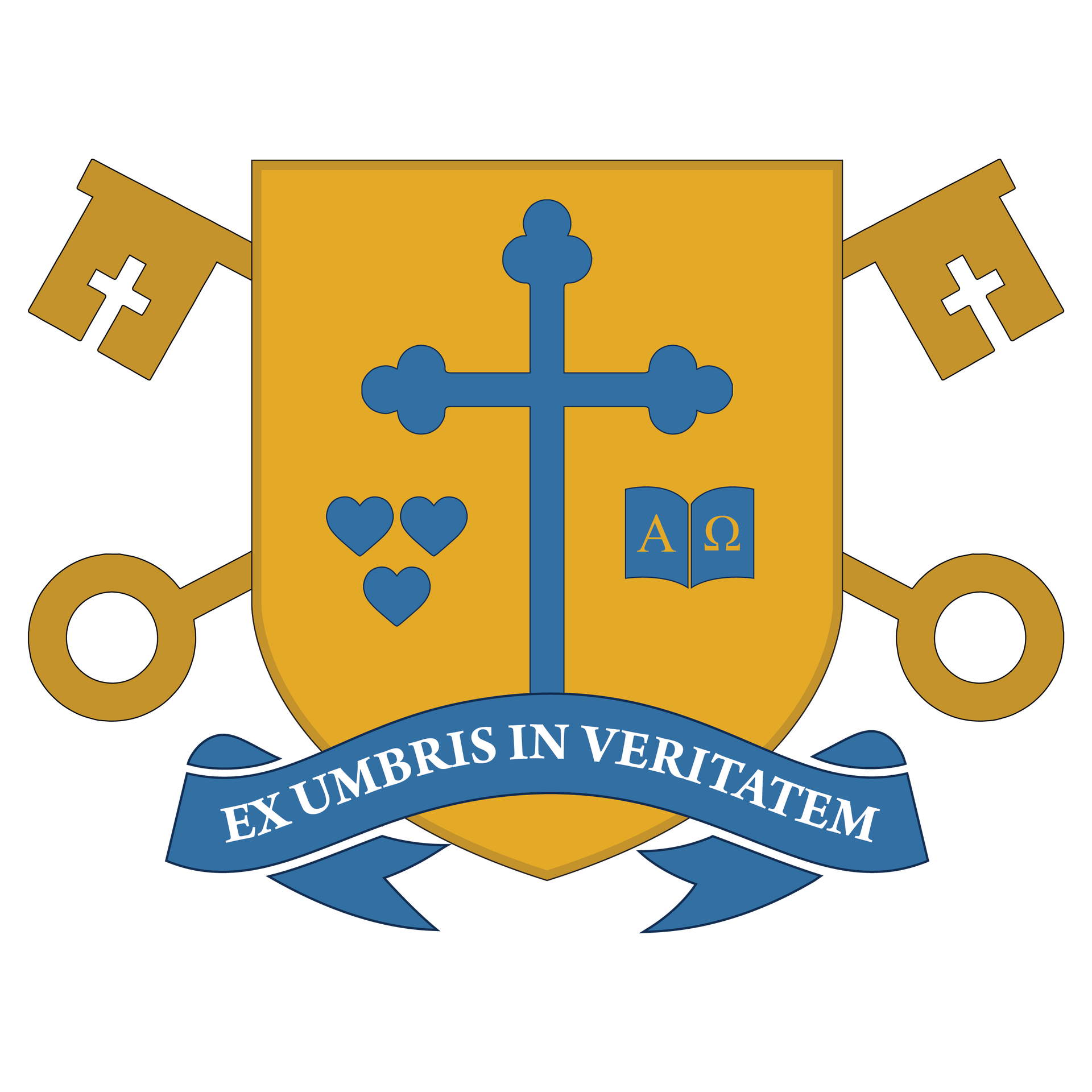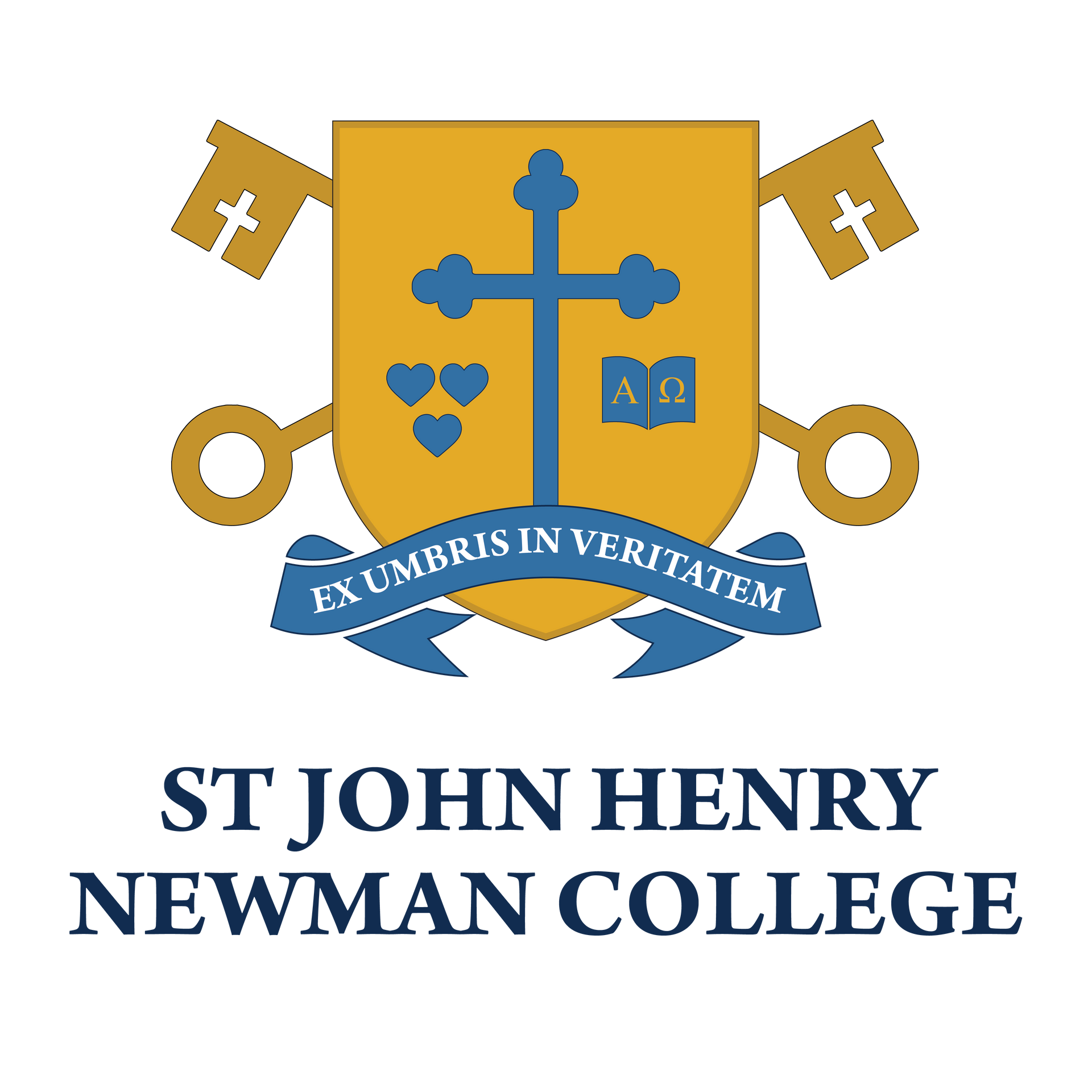Our Curriculum
One of the most commonly asked questions about our school is “What is your curriculum?”
While it is a logical question, it can mean a variety of things. Some parents want to know what books we read and when, some people want to know what textbooks we use, some people want to be assured we study maths and science, and some people just ask it because they think it’s the kind of question they
should
ask.
While the answer to this question could be lengthy and detailed, here is a quick summary not only of our approach at Newman College, but also the legal requirements of Queensland schools in general.
National Curriculum
All schools in Queensland, whether they are independent or not, need to implement the Australian National Curriculum (AC) from years Prep to 10. Even Steiner and Montessori schools have had to demonstrate how their curriculum aligns with the National requirements.
Therefore as an independent school in Queensland, SJHNC implements the Australian National Curriculum. The good news is that the curriculum is broad and allows for many different approaches to it according to the culture and philosophy of each school.
As such, at SJHNC, we teach the nine Learning Areas of the AC: English, Mathematics, Science, History and Social Studies (HaSS), The Arts, Health and Physical Education (HPE), Technology, and Language. These subjects are required at different year levels and in different amounts, all of which is overseen by the Non-State School Accreditation Board (NSSAB), and schools need to demonstrate how they are implementing the National Curriculum. We also teach a number of school-based subjects, including Classical Studies and Religion.
Our Approach
As a Catholic classical school, we approach the curriculum through our lens and implement it based upon the philosophy and theology of our school. The differences between how we implement it at SJHNC and how it may be implemented at other schools, include:
Reading Great Books
The Australian Curriculum does not mandate the teaching of any specific books, leaving these choices up to the individual school. We choose, therefore, to focus on the good, true and beautiful works of literature at age-appropriate times, such as Beatrix Potter in Prep, The Wind in the Willows in Year Three, and Homer’s Odyssey in Year Six.
Integrating History
Where possible we integrate curriculum areas together, presenting students with a coherent harmony of understanding, rather than siloed fragmented subjects. We do this through a chronological approach to history in our Classical Studies subject, which is a school-based subject taught in addition to the Australian Curriculum.
Grammar, Logic & Rhetoric
We teach these liberal arts – sometimes called the Trivium – across all subjects. We also teach them as distinct skills and content, with a particular focus on teaching grammar skills like parsing sentences when students are young, then teaching logic and critical thinking as they get older, and always encouraging their rhetorical skills in public speaking.
Philosophy
We also integrate philosophical thinking into our classes, gently at first, but gradually we introduce a historical overview of important thinkers from Socrates through to Pope St John Paul II. For example, Year Five students are introduced to Plato’s Cave at the same time as reading C.S. Lewis’ The Silver Chair, which shares many similar themes.
Music, Poetry & Visual Art
While we prize all of the arts, we have a special focus on music, particularly choral music, visual art such as sketching and painting, and on poetry memorisation and recitation.
Religion
Religion is another school-based subject, meaning it is taught in addition to the AC requirements. We use religion time as catechesis to teach children about the Bible, and our Catholic faith and its history.
Latin
Why We Teach LatinOur choice of language is connected both to our identity as Catholic and as Classical. You can read more about why we teach latin on our FAQs page!
Textbooks & Resources
Some people are curious about what textbooks and resources we use. A classical education doesn’t necessarily need textbooks, but we still supplement our curriculum with appropriate textbooks as necessary. For example, we make use of the Singapore Math program, as well as the Classical Academic Press Writing and Rhetoric series, and the Picta Dicta Latin program; however, these are subject to change as required.
Find Out More
If you would like to know more, about why we integrate these unique elements into our curriculum, you can check out our Classical Education FAQs page here!






